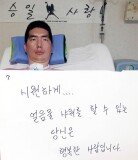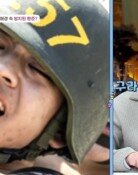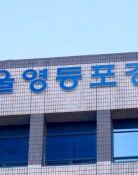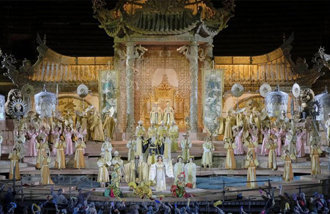State Institutions Distrusted Most By Korean Middle Class
State Institutions Distrusted Most By Korean Middle Class
Posted May. 25, 2007 03:12,
The social institutions most distrusted by Korean middle class are parliament, government, and the presidential office, while the values in life most appreciated by the middle class are health, family, and money, according to a poll.
The Survey Research Center, affiliated with Sungkyunkwan University, and the Samsung Economic Research Institute (SERI) announced on May 24 the results of their 4th Korean General Social Survey (KGSS).
The KGSS has been conducted annually ever since 2003, and this time it polled 1,605 men and women 18 years of age or older all across the nation.
Asked to rate the level of credibility they feel toward 16 social sections, the middle class, whose domestic incomes are between two million and five million won a month, answered that they trust financial agencies, the medical community, and the academic world most.
On the other hand, Cheong Wa Dae, local governments, central governments, and the National Assembly took 13th to 16th place, respectively, rounding out the bottom of the list.
Most respondents also said that the governments regulations on businesses should be eased. Seventy-one percent of the rich with domestic incomes higher than five million won answered that the government needs to relax restrictions on enterprises, while 72% of the middle class said the same. In the low-income bracket consisting of people in households earning less than two million won per month, 63% expressed agreement on this issue.
The poll also shows that most hold positive views on the influence of large-size enterprises on the national economy. Eighty percent of the rich said that conglomerates positively affect the nations economy, while 77% of the middle class and 73% of the lower bracket responded in accord.
Another finding of the research is that Korean middle class regards health as the most important value of life, followed by family, money, friends, religion, work, and leisure time.
According to the analysis, a representative happy Korean is young in age in his or her 20s or 30s; believes he or she belongs to the upper class regardless of income; is highly educated; trusts people and society; appreciates family and leisure time; frequently takes part in religious events; and has deep religious faith.
buddy@donga.com higgledy@donga.com







